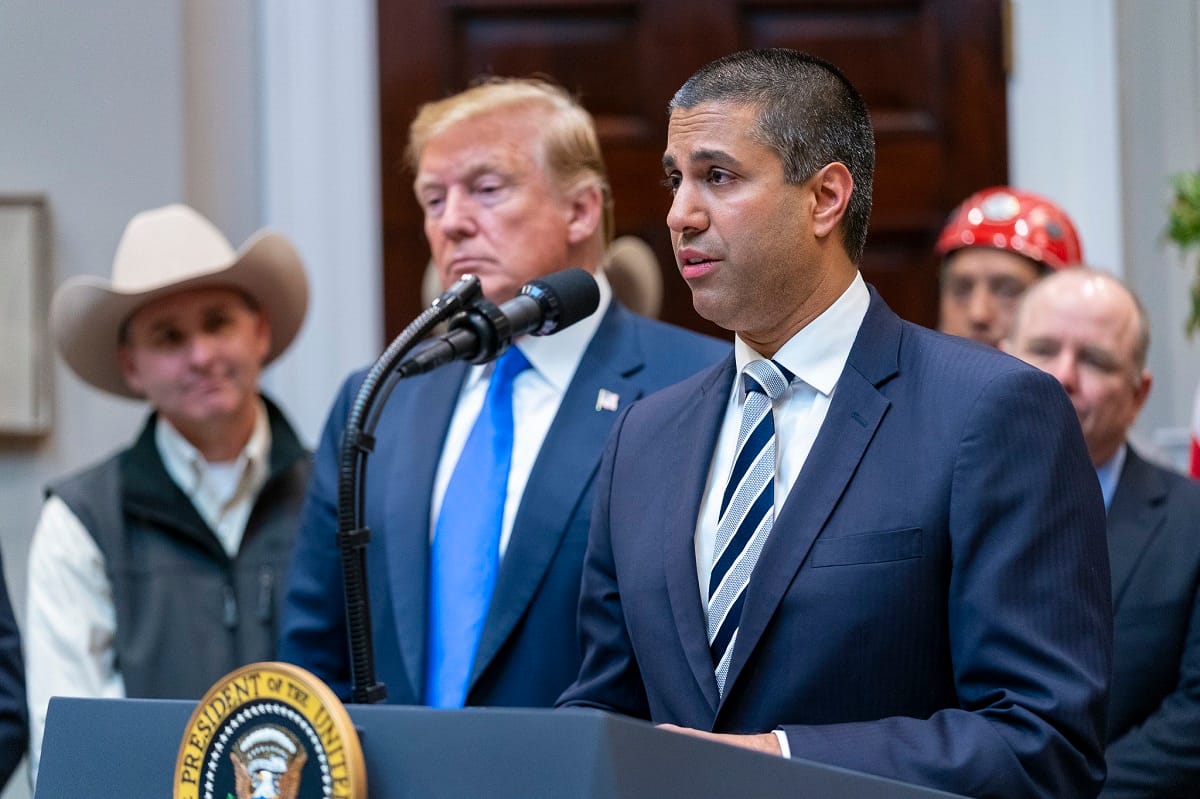FCC Praises $200 Million for Telemedicine, Outlines Process for Up To $1 Million in Aid Per Applicant
March 30, 2020 –Federal Communications Commission officials praised the adoption of telehealth aid contained within the Coronavirus Aid, Relief, and Economic Security Act that Congress passed and President Trump signed on Friday. Of more than $2 trillion, the CARES Act allocates $200 million to tele









Member discussion